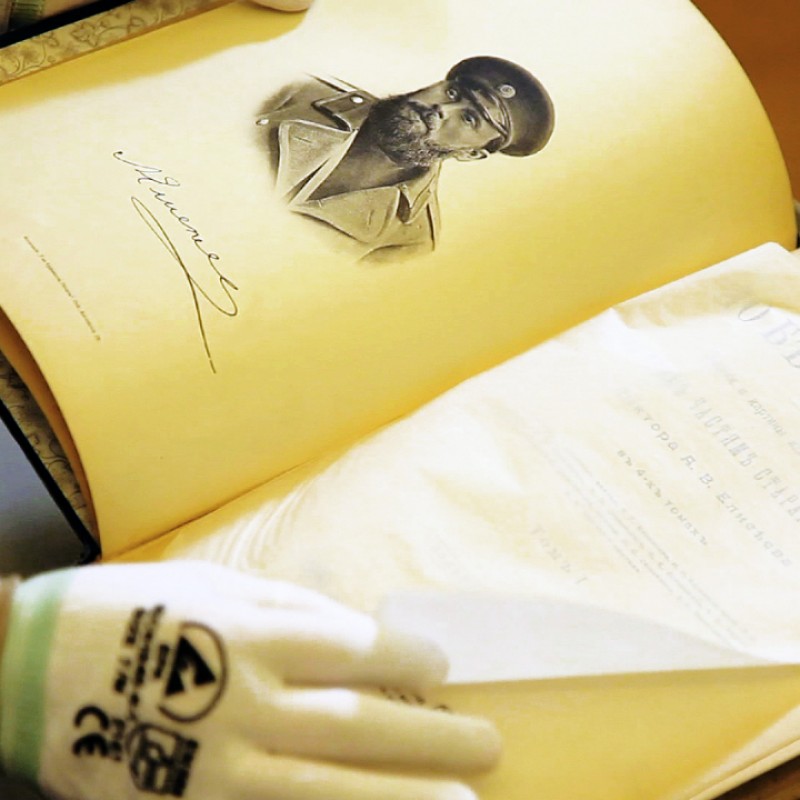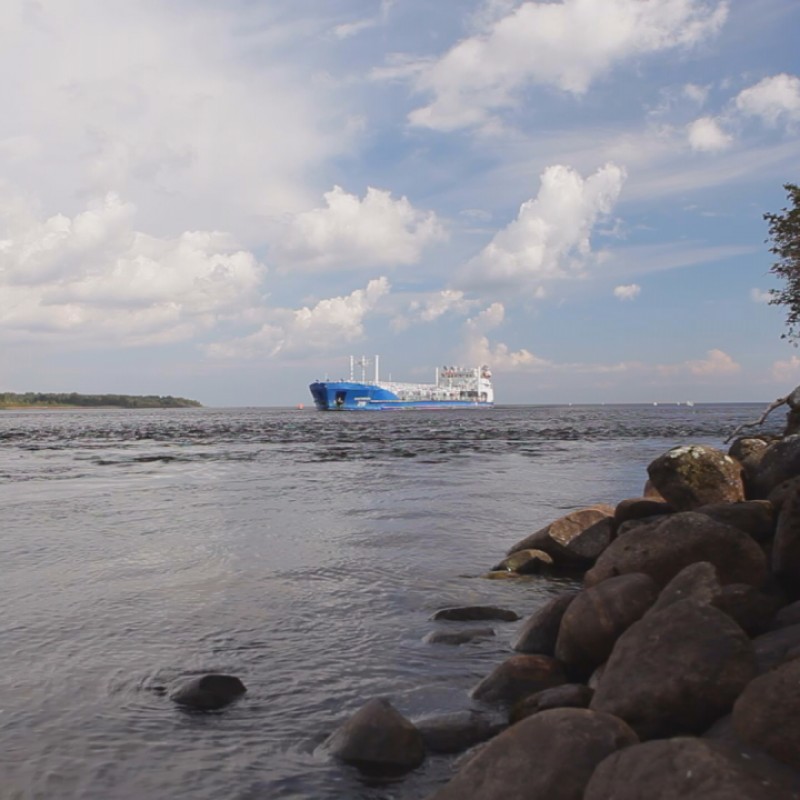
The national presidential library
In the 21st century, many book collections are digital archives that are not susceptible to the wear and tear their paper brothers once feared. St. Petersburg’s Presidential Library is home to the largest virtual collection in Russia — one of more than 250,000 books on history and law in addition to rare documents and editions. A large part of these resources are available online to whoever wants them, but there are also some that can only be used in the library’s own reading room in the historic Synod building. A 3-D model of the publication appears on the computer screen so that readers can thoroughly examine the cover, text and illustrations. There they can also find all of the hand-written notes made hundreds of years ago by people such as the author or other readers, including Emperor Peter the First.

The Neva river
The Neva River is changeable, sudden and sweeping — she reminds of a woman who knows perfectly well that she has the right to act on any whim. The river is one of the most beautiful and deepest in Europe. It doesn’t have a typical river regime — that is to say that it doesn’t overflow in the spring or lose depth in the summer. The Neva carries its waters from Lake Ladoga to the Baltic Sea’s Gulf of Finland and flows through the centre of one of the most beautiful cities in Russia, St. Petersburg, and has played witness to many key moments in Russian history.In this RTG TV film we explore the Neva throughout the seasons. In the winter the great river is covered in ice and the Nevskaya Zastava icebreaker is the only thing powerful enough to push through its frozen waters. In autumn the river threatens to overflow, sometimes even spilling over onto the banks of the city. Every spring thousa...

The Neva river
Irina Zaitseva's formula for happiness
Irina Zaitseva is one of those people that manages to do just about everything and has already accomplished a lot. She speaks several languages, has a degree, began with a career in journalism and now works in advertising. It was the skills she developed as a professional journalist that now help her to bring the images of companies to a whole new level. While working in the journalistic field, Irina achieved a lot of success and continues to do so in her new career. She also manages to balance her demanding work life with her family – a loving husband and young son. Perhaps her most valuable skills are knowing how to be happy, appreciate life and reach her goals.
